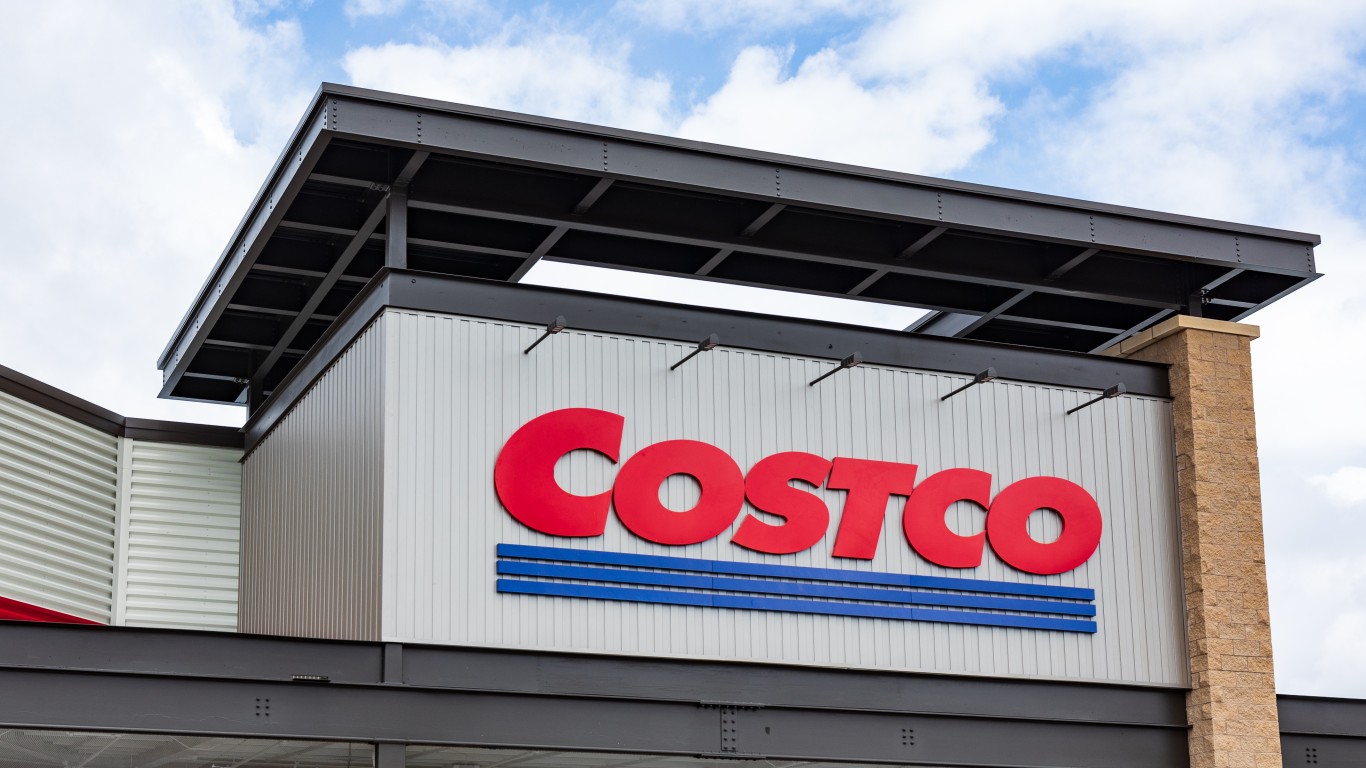
For the first time ever, more Americans will buy online (51%) than make purchases in brick-and-mortar stores (42%). The average amount spent is forecast to be $1,226, while high-income shoppers are expected to spend nearly double that amount ($2,226).
The holiday season accounts for more than a quarter of annual U.S. retail sales and will total more than $1 trillion this year. Spending expectations are high largely due to improved household finances. More than 80% of survey respondents said their current household financial situation is the same or better than last year, up from 75% last year.
The data were reported earlier this week by consultancy Deloitte and published in the firm’s 2017 holiday survey, “Retail in Transition.” This is the 32nd year that Deloitte has conducted the survey.
Rod Sides, vice chairman, Deloitte and U.S. retail, wholesale and distribution leader, said:
Whether a retailer is online or store-based, their digital influence is one of the strongest cards to play this holiday season. Even though 80 percent of people said they expect the majority of their shopping will fall in late November onward, decisions about where they’ll shop and what they buy will be largely determined by the digital interactions occurring now. In the survey, we found that retailers have a 75 percent probability of converting a desktop or laptop shopper to a purchaser along with a 59 percent probability of converting a smartphone shopper.
Here are several key points related to online shopping:
- Online destinations are also widening the gap among places consumers plan to shop for gifts. This year, 55 percent of respondents plan to shop online for gifts, increasing its lead over mass merchants at 44 percent. Department stores are a distant third at 28 percent, down 3 percentage points from last year.
- When shopping on a smartphone, more people are inclined to use dedicated retailer apps or payment apps when making purchases. Roughly 1 in 5 (22 percent) of respondents using smartphones for holiday shopping think they’ll pay for purchases in-store with a mobile wallet app. However, nearly twice that number, 40 percent, anticipate using a retailer’s app on their smartphone; and 36 percent plan to use a mobile payment app during the holiday season.
- Gift cards and clothing tie for the No. 1 gift people intend to purchase, with nearly half of respondents (49 percent) planning to buy these items for others this holiday season. Electronics (42 percent), gift cards (39 percent) and cash (36 percent) are what people say they want most this year.
- Deloitte’s survey reveals a healthy uptick in higher-end category purchases over the past five years. The percentage of people who plan to buy jewelry as a gift rose from 18 percent in 2012 to 26 percent in 2017; and the cosmetics/fragrances/health and beauty category grew from 18 percent to 29 percent.
- More than half (53 percent) of people say they prefer to buy gifts that are indulgences that people may not buy for themselves.
- The holiday season is also a prime occasion to splurge on oneself: More than 4 in 10 (44 percent) say they’ll wait for holiday sales to buy other larger or big ticket items for themselves or their household. Half (50 percent) of respondents say they’ll shop for themselves while shopping for others.
Visit Deloitte’s website for the full report.
It’s Your Money, Your Future—Own It (sponsor)
Are you ahead, or behind on retirement? For families with more than $500,000 saved for retirement, finding a financial advisor who puts your interest first can be the difference, and today it’s easier than ever. SmartAsset’s free tool matches you with up to three fiduciary financial advisors who serve your area in minutes. Each advisor has been carefully vetted and must act in your best interests. Start your search now.
If you’ve saved and built a substantial nest egg for you and your family, don’t delay; get started right here and help your retirement dreams become a retirement reality.
Thank you for reading! Have some feedback for us?
Contact the 24/7 Wall St. editorial team.



